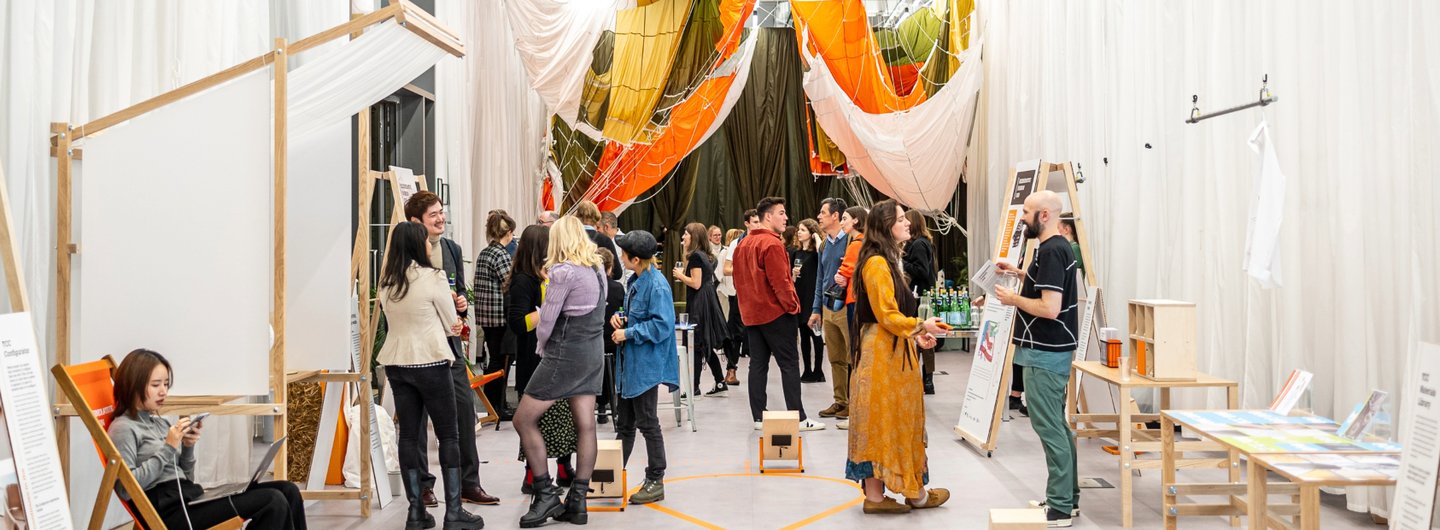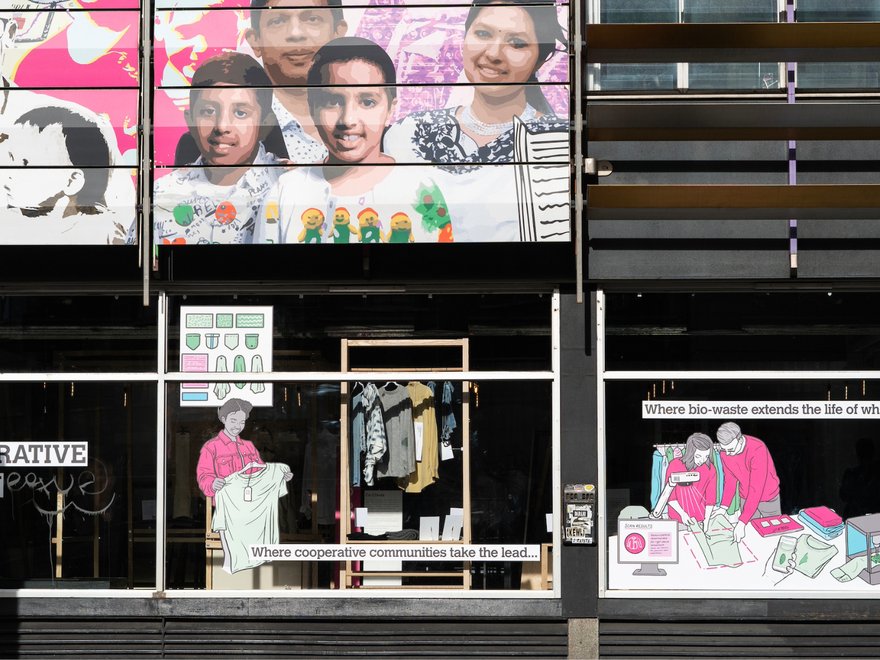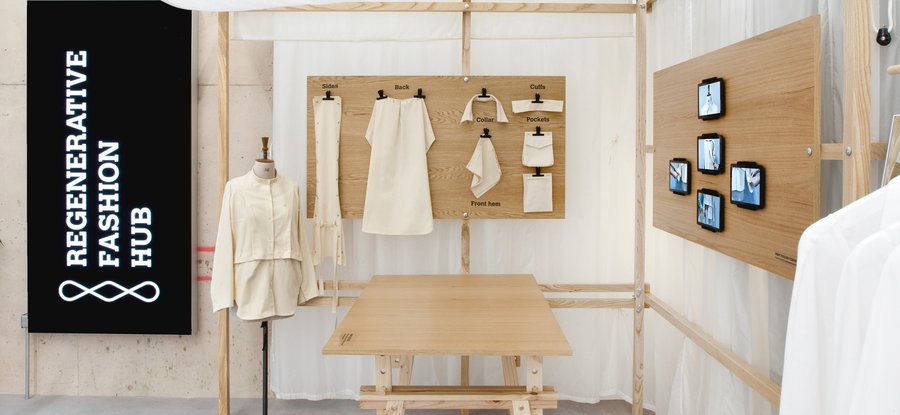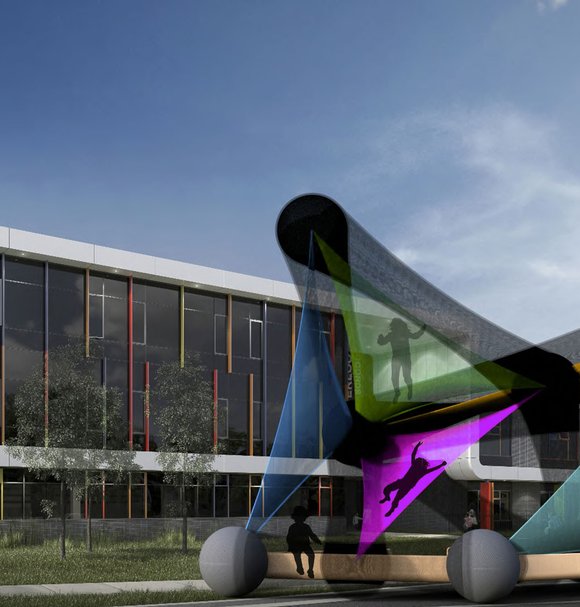
Key details
Date
- 24 November 2025
Read time
- 2 minutes
The new name reflects seven years of research shaping sustainable futures through culture and community
For the past seven years, the Materials Science Research Centre has explored how materials shape everyday life in support of global challenges in environmental sustainability, human health and wellbeing. Its research impact is significant – but what truly sets the Centre apart is how its work is enabling sustainable behaviours, industries and communities using advanced technology. To reflect this broader cultural role, it is now being renamed the Centre for Materials Science & Culture.
The Centre was founded in 2018 with a gift from the Burberry Foundation to “inspire creativity and pioneer more sustainable materials and techniques in the UK creative industries.” Since then, it has built a world-leading £5.4M transdisciplinary research portfolio. Its systems-based approach links materials research with wellbeing, aiming to support society’s transition toward a more sustainable future.

Regenerative Fashion Hub at Rich Mix, Shoreditch, London (photo: Chris Lee)
A major part of this work is the Centre’s ‘designing for sustainability cultures’ approach. This responds to a gap in UK materials innovation: the cultural barriers that prevent new materials from being understood, valued or widely adopted. The Centre’s research shows that for sustainable practices to take root, people need the tools, knowledge and support to use them – not just as individuals, but within connected communities of citizens, industry, local government, NGOs and civic organisations. These networks together form what the Centre calls “sustainability cultures”.
One of the most impactful projects in this portfolio is the Textiles Circularity Centre, part of the UKRI National Interdisciplinary Circular Economy Research Programme. Central to this programme is the Regenerative Fashion Hub, a design-led platform where communities and industry partners collaborate to imagine and test new solutions. Through their work with an interdisciplinary consortium, the Centre has developed new strategies for circular design, consumer experience and supply chains – many of which have already been taken up by businesses and community groups.

Circular Experience Toolkit (Photo: Gianni Diliberto)
By framing materials research as a cultural as well as technical endeavour, the Centre works toward outcomes such as regeneration, wellbeing and cooperation – essential for the ethical and equitable adoption of advanced materials. The new name, Centre for Materials Science & Culture, reflects this distinctive vision and the Centre’s strengths in pioneering innovation in materials.
“The Materials Science Research Centre has secured the largest UKRI research grants for the RCA in recent years, delivering world-leading research with national and international reach,” says Professor Hua Dong, Acting Pro-Vice Chancellor Research and Innovation. “The changing of its name reflects the RCA’s unique approach to materials research: one that is not only scientific and technical, but also humanistic and experiential.”
The Centre’s work has been recognised by an external expert panel as world-class interdisciplinary research, with excellent stakeholder engagement and long-term, high-impact collaborations with industry. It has also played a major role in raising the RCA’s research profile and contributing to the College’s £1.2M EPSRC Doctoral Landscape Studentship for 2025: NetZero Futures.

Circular Materials Showcase at the Design Station, Regenerative Fashion Hub at Rich Mix, Shoreditch, London (photo: Chris Lee)

